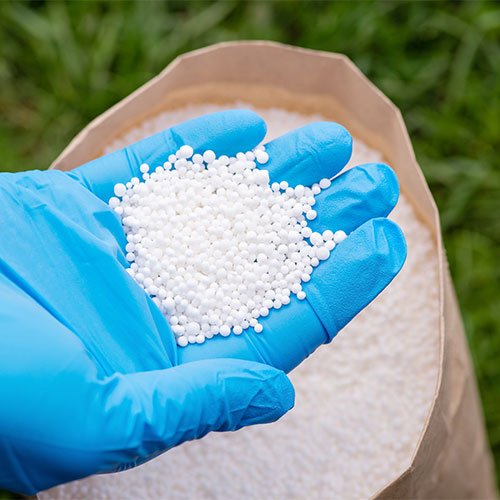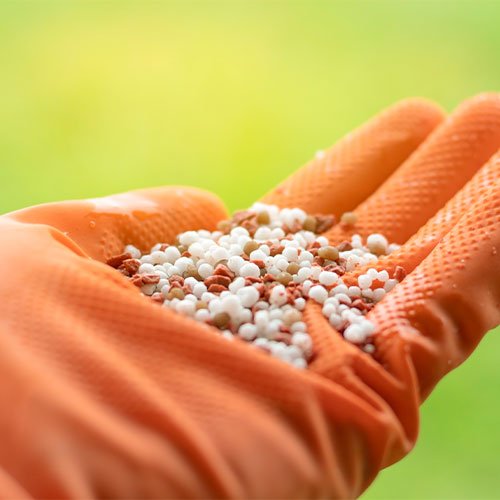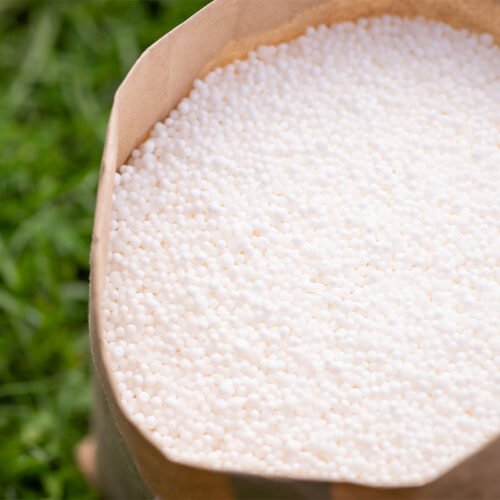Nitrogen Fertilizers
Nitrogen fertilizers are a type of plant nutrient that provides plants with the essential element nitrogen, which is necessary for their growth and development. Nitrogen is a critical component of plant proteins and chlorophyll, and it is involved in many metabolic processes within the plant.


There are several types of nitrogen fertilizers
01.
Ammonium NitrateAmmonium nitrate is a popular nitrogen fertilizer because of its high nitrogen content and rapid effect on plant growth.
02.
Ammonium SulfateAmmonium sulfate is also widely used as a nitrogen fertilizer, and it is often preferred in alkaline soils because it helps to acidify the soil.
03.
UreaUrea is another common nitrogen fertilizer that is easy to handle and transport, but it can volatilize quickly if not incorporated into the soil properly.
04.
Calcium Ammonium NitrateCalcium ammonium nitrate is a type of fertilizer that contains both calcium and nitrogen, and it is often used in crops that require both nutrients.
Choose the best type of Nitrogen:
Avoid Nitrate based fertilizers which are more prone to losses.
Enhanced Efficiency Fertilizers, for example coated for slow release, or with nitrification inhibitors may better match the fertilizer supply and plant demand for soil nitrogen.
Chemicals can be added to fertilizer (inhibitors) which can reduce nitrate leaching and ammonium volatilization.
Research has estimated that usually 40 percent to 60 percent of nitrogen inputs into cropping and grazing systems
Environment Effect
Excessive use of nitrogen fertilizers can lead to environmental problems such as soil and water pollution. Nitrogen can be lost from the soil through leaching or volatilization, and excess nitrogen can also contribute to the growth of algae blooms in bodies of water, which can be harmful to aquatic life.
To minimize environmental impact and optimize plant growth, it is important to apply nitrogen fertilizers at the right time, in the right amount, and using the right application method. This can be achieved through soil testing, crop nutrient management planning, and following best management practices.
Time fertilizer application to minimize nitrogen loss:
- Where possible, align nitrogen fertilizer applications with crop and pasture demand. Crop/pasture demand is highest when growth rates are highest.
- Avoid applying nitrogen fertilizer to warm (>10°C) waterlogged soils.
- Avoid tillage under wet conditions.
- Consult a 7-day weather forecast to identify risks of soil saturation and if likely delay nitrogen fertilizer application.
- In summer, avoid applying urea fertilizer after irrigation as this is likely to increase volatilization losses.
